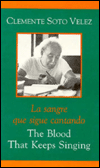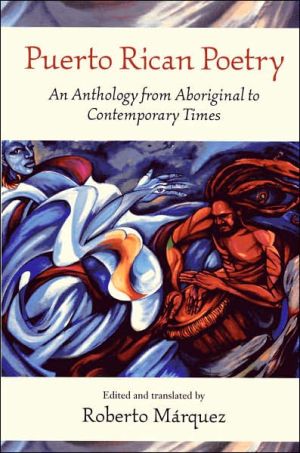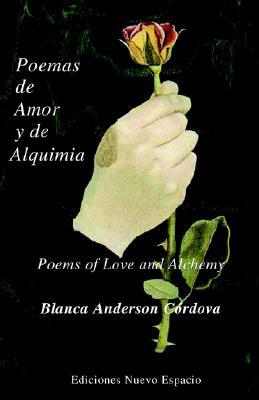The Blood That Keeps Singing (La Sangre Que Sigue Cantando)
This is the first collection in English translation of poems by the 86- year old dean of Puerto Rican poets, Clemente Soto Velez. These are poems that explore such topics as liberation, solitude, and the 'promised land' - Soto Velez approaches these themes with a firm and precise hand - his explorations are at once intensely personal and universally applicable. In this bilingual book which offers a selection of his poetry drawn from Soto Velez's published works dating back to...
Search in google:
\ Publishers Weekly - Publisher's Weekly\ Influential in Puerto Rico as both a poet and an advocate for independence since 1928, Soto Velez makes a long overdue debut in English with this bilingual selection. In deft translations mostly of lengthy poetic sequences, Soto Velez often repeats a single word or phrase--such as ``hands'' (``Five Pointed Stars'') and ``I came to know him'' (``The Wooden Horse'')--in conjunction with ever-changing series of images. Hailing from European surrealism, these images consist of juxtapositions of seemingly unrelated objects--the letter ``h imprisoned in the honey of his bees.'' The result is that the repeated word or phrase appears in ever-new and unusual contexts: ``Hands that would burn the jail / with amnesiac memory, / where my shadow tempered / five guitars . . . .'' Through this aesthetic of paradox, this ``seductive repulsion of attraction,'' Soto Velez hopes to liberate the reader by suggesting new possibilities for perceiving reality. His aim is honorable, his technique challenging. But the reader requires and does not receive at least a few prosaic lines to explicate--or at least provide a stylistic variation to--the constant flurry of images. (Oct.)\ \ \ \ \ Library JournalThis is an astonishing collection of poems whose imagery is rife with violent surprises and notable self-contradictions. Comparison to Huidobro, Vallejo, or Octavio Paz is apt, but Velez's fabulous juxtapositions find a real affinity with Gabriel Garcia Marquez's One Hundred Years of Solitude . He works in the realm of pure poetry, often at a cosmic level derived from surrealism, but as one reads these marvelous pieces, it is apparent that a social and political compassion contributes largely to their intelligence: ``Those trees/that anxiously await/ the celebrated birth/of the girls/ who deeply hopes/ to be born enlightened/ to exhume/ eternity/that arrives at the moment/ of its own burial.'' Clearly, this is the work of a major poet who deserves a collection much bigger than this one. Younger poets working the Latino ethnic mines would do well to study Velez. This is highly recommended.-- Ivan Arguelles, Univ. of California at Berkeley Lib.\ \




